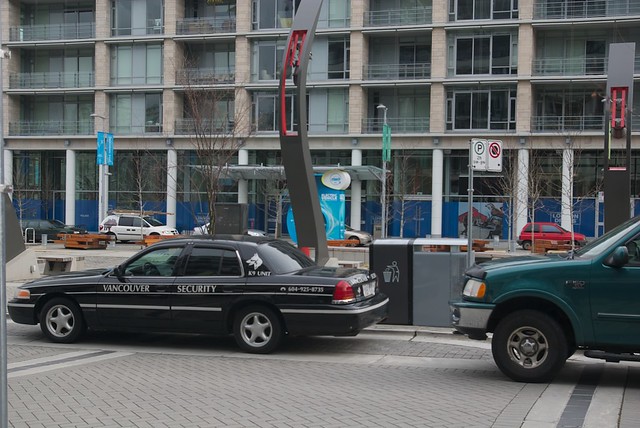The Olympic Village represents a "fiasco," but more and more it's turning into a fiasco of journalism. Prominent columnists have spent the last week trying to convince readers of a financial disaster at the Olympic Village, but the real disaster is that they're not telling it like it is. Due to the removal of hundreds of units of social housing, the city stands to break even on the project, and perhaps even gain money.
The discussion revolves around the cost of the land on which the Olympic Village sits, bought by the city for $30m. That $30m was paid in full by the developer in 2006. By all standards the city has no liability on the land. There is no loss and no profit because costs have been recovered, net zero. End of the story one might think.
But today in the Globe and Mail, Gary Mason argues that while there is no actual loss, the loss nonetheless there because it "feels like a loss." According to Frances Bula, also with the Globe, there is a charge of "$180-million unpaid amount owing on the land." But did nobody tell Gary Mason and Frances Bula that the land was given back to the city months ago? How can money be owed on something if that something was returned? And then returned with a $30m fee paid by the borrower.
The distinction is between a "real loss," to use Frances Bula's words, and a lost opportunity. Economists have long ago developed a concept to deal with this distinction: opportunity cost. An opportunity cost is not a real cost but a virtual one. Increasingly in Vancouver, every small decision to hold back the sale of the city to the highest bidder is seen as a "loss." If we were to lift regulations on zoning and have a fire-sale on city-owned land, the city's private developers would be billions richer.
But there are good reasons to pass up some "opportunities." Selling off Vancouver would put a few dollars in State coffers, strengthening the very institutions that continue to push us out as renters and low-income Vancouverites.
So why do our journalists insist on writing in the style of disaster capitalism? Disaster capitalism means using a crisis to justify policies for the rich. That's what it means for councilor Geoff Meggs to use fear, giving us a sense that we are in the midst of the "worst financial setback in [our] history." In the city with the lowest corporate taxes in the world, we are told that social housing at the Olympic Village needs to be cut in half in order to save the "drowning" taxpayer. In reality it's to save the greedy developer.
"Journalists" have also missed that the cost overruns at the Olympic Village are not comparable to other cost overruns, most of which are drastically larger: Convention Centre, Olympics security budget, Olympic Games, etc. The Olympic Village is not a fiasco and purpose-built social housing can still be filled by the people it was promised to.















